Mawgan Porth Beach in north Cornwall, England
Mawgan Porth means cove of the Gluvian river, a beach and small settlement in north Cornwall, England. Located in mid way between Padstow and Newquay on the rugged north Cornish coast, on the Atlantic Ocean coast. The picturesque village is positioned at the seawards end of the Vale of Lanherne. The sandy beach, backed by dunes with cliffs at each end, is quality-assessed and supervised by lifeguards during the summer. It is a popular surfing location. The South West Coast Path passes behind the beach and the area attracts holiday-makers.

Image credit tezzer57
In 1334 Mawgan Porth is known as Porthglyvyan, Cornish for cove of the little wooded valley river, and later as Porthmaugan in 1755, Cornish for cove of St Mawgan. Mawgan Porth in North Cornwall is a fairly exposed river break that has quite consistent surf and can work at any time of the year. Ideal winds are from the east. Groundswells and windswells are equally likely and the ideal swell direction is from the west northwest. Waves at the river tend to peel to the left. The quality of the surf isn’t affected by the tide.

Image credit Reading Tom
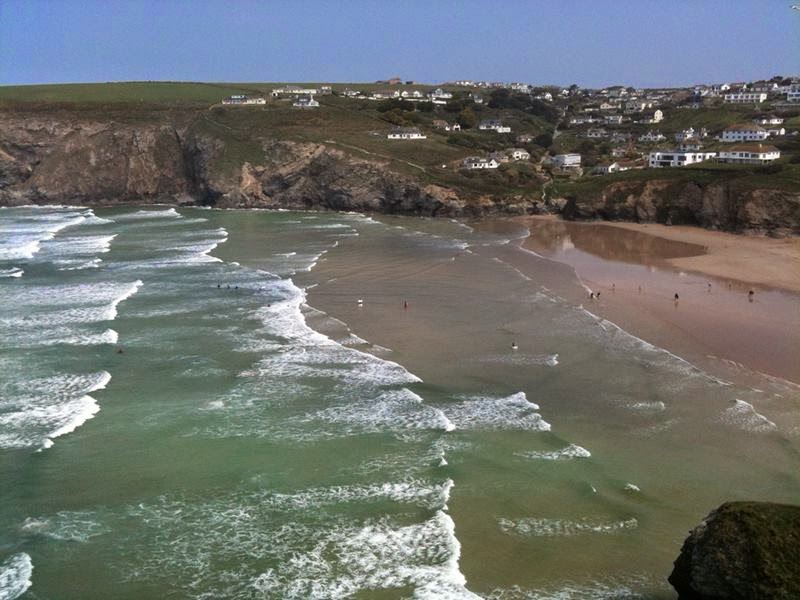
Image credit Lee Hutchinson

Image credit James Green
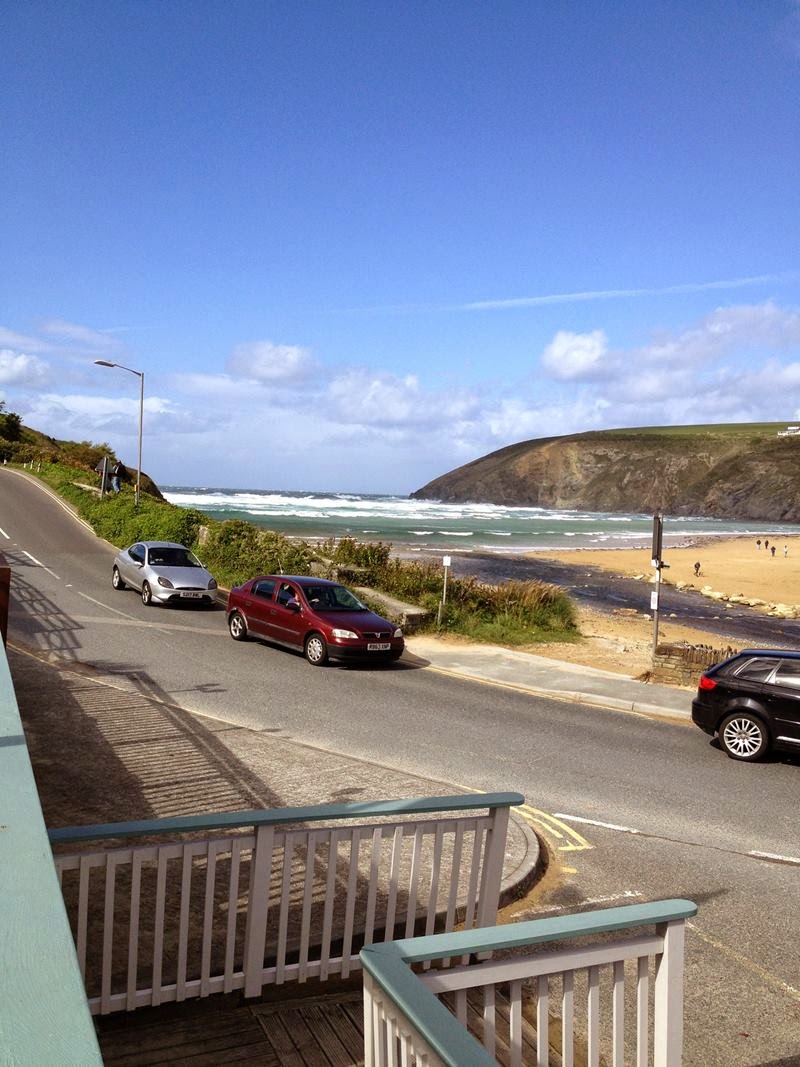
Image credit Paul Mellor
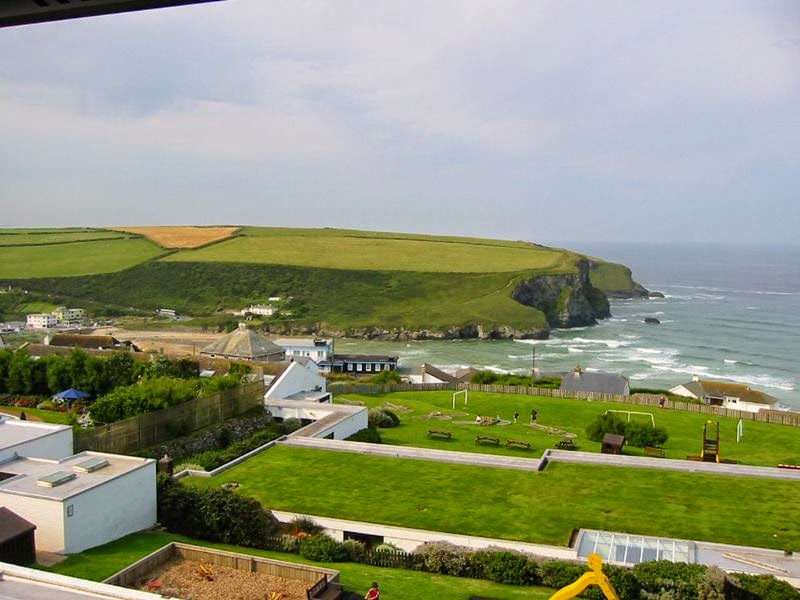
Image credit steve_w

Image credit Andrew
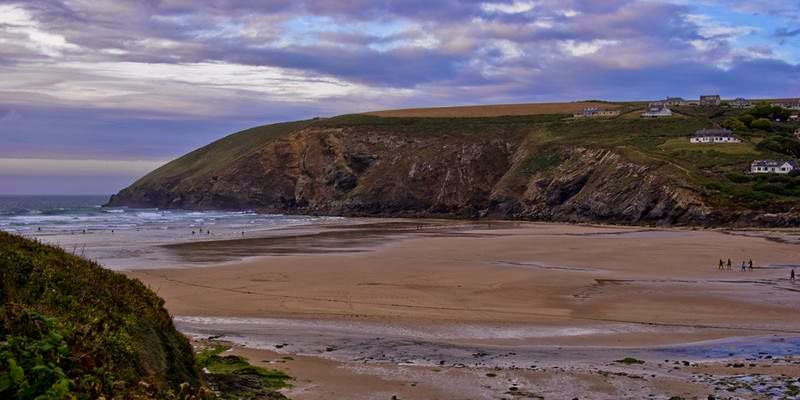
Image credit one_bad_fairy
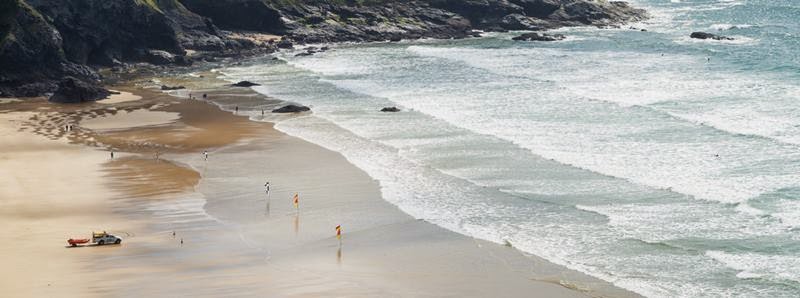
Mawgan Porth Panorama. Image credit david perry

Surfers on the beach at Mawgan Porth in North Cornwall. Image credit A bloke called Jerm
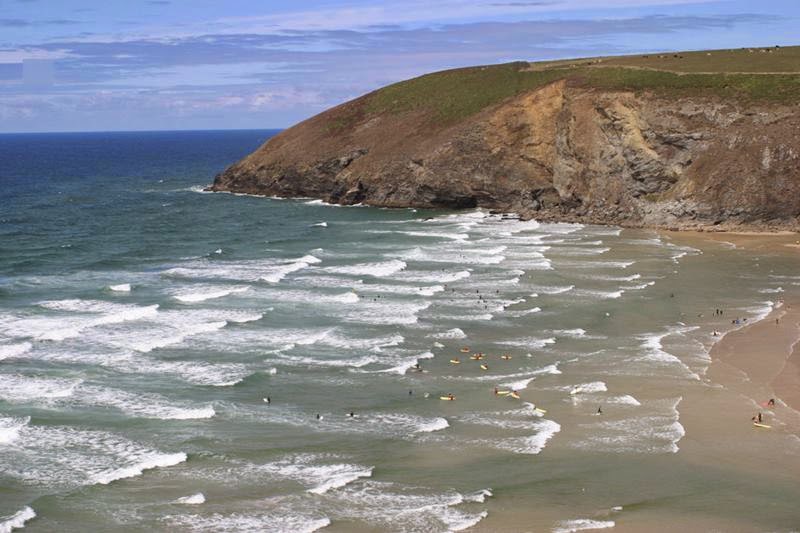
Mawgan in Pydar, Cornwall, UK. Image credit nick3216
Source — Internet

No comments:
Post a Comment